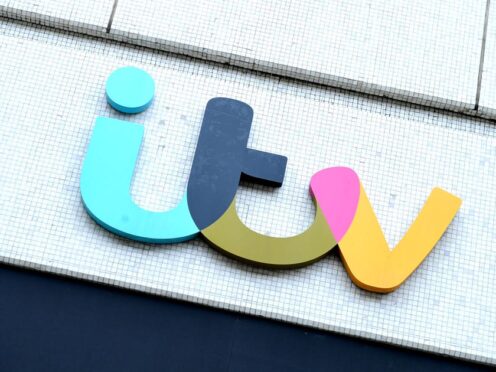ITV boss Kevin Lygo has revealed the hit drama Mr Bates vs The Post Office made a loss of around a million pounds as he discussed the pressure broadcasters are facing due to increased competition from more media outlets.
The ITV show, detailing how hundreds of innocent sub-postmasters and postmistresses were wrongly accused of theft, fraud and false accounting due to a defective IT system, prompted public outrage and helped put the Horizon scandal under the spotlight.
Alongside airing on ITV, the corporation announced last month that 12 foreign broadcasters had bought the right to show it, but this was not enough for them to break even.
Mr Lygo, the managing director of media and entertainment of ITV, told the Voice of the Listener & Viewer (VLV) spring conference on Wednesday: “Mr Bates has made a loss of something like a million pounds and we can’t continually do this.
“Of course, some things are very profitable on the channel, and some things aren’t.
“But it’s a challenge to be able to fund some of the things that aren’t, obviously, of international appeal.
“We’re hoping this may be because it caused such a furore here that maybe sales will pick up, but there’s no evidence of it yet.
“If you’re in Lithuania, four hours on the British Post Office? Not really, thank you very much. So you can see the challenges here.”
He said the challenge for mainstream television broadcasters at the moment is “getting enough audiences to turn up on the night” to watch their shows.
Lygo explained that five or six years ago, they would have expected a show like Mr Bates to bring in around six or seven million viewers but that now an overnight audience rating of four million is as “good as you get”.
Kevin Lygo – "The challenge for all of us on mainstream TV is to get enough audiences on the night of broadcast – 4 million, is as about as good as you get. It is easier for people to catch up on whatever device they like to".
— The Voice of the Listener and Viewer (VLV) (@vlvuk) April 24, 2024
The ITV boss also said he knew the show was “emotional” and “well told” after the first watch, but admitted he did not realise how much of a stir it would cause.
The show brought the issue back to the attention of the public and parliament, with the former Post Office boss Paula Vennells later announcing she planned to hand back her CBE following the scandal.
Mr Lygo said: “These days, it is harder and harder to guess in advance now what something is going to do and whether people will turn up at all.
“There is so much choice and competition now in your homes every night… Everything that’s ever been made, you can watch now and there is some wonderful stuff out there, it’s quite hard to find.
“But the competition, none of us have ever seen anything like this and that’s the real pressure on the production community, on commercial broadcasters, in getting sufficient audiences and the right audiences for various commercial partners…
“That’s the reason we’re all a bit tense and nervous these days.”
Due to pressure on the broadcaster from various angles, ITV is currently trying to save £150 million.
Discussing how ITV’s cost-saving measures will affect viewers, Mr Lygo said: “In the first instance, we’re trying to find every penny that we can, not on the screen.
“So we’ve got to turn over every stone in the office, so to speak, to make cuts there. To really, yet again, re-examine what it is we should do, what we don’t have to do, how can we change the way we’re doing things.”
He also said that the broadcaster is looking at whether technology and artificial intelligence can be utilised to help them make “programmes more efficiently and cheaper”.
